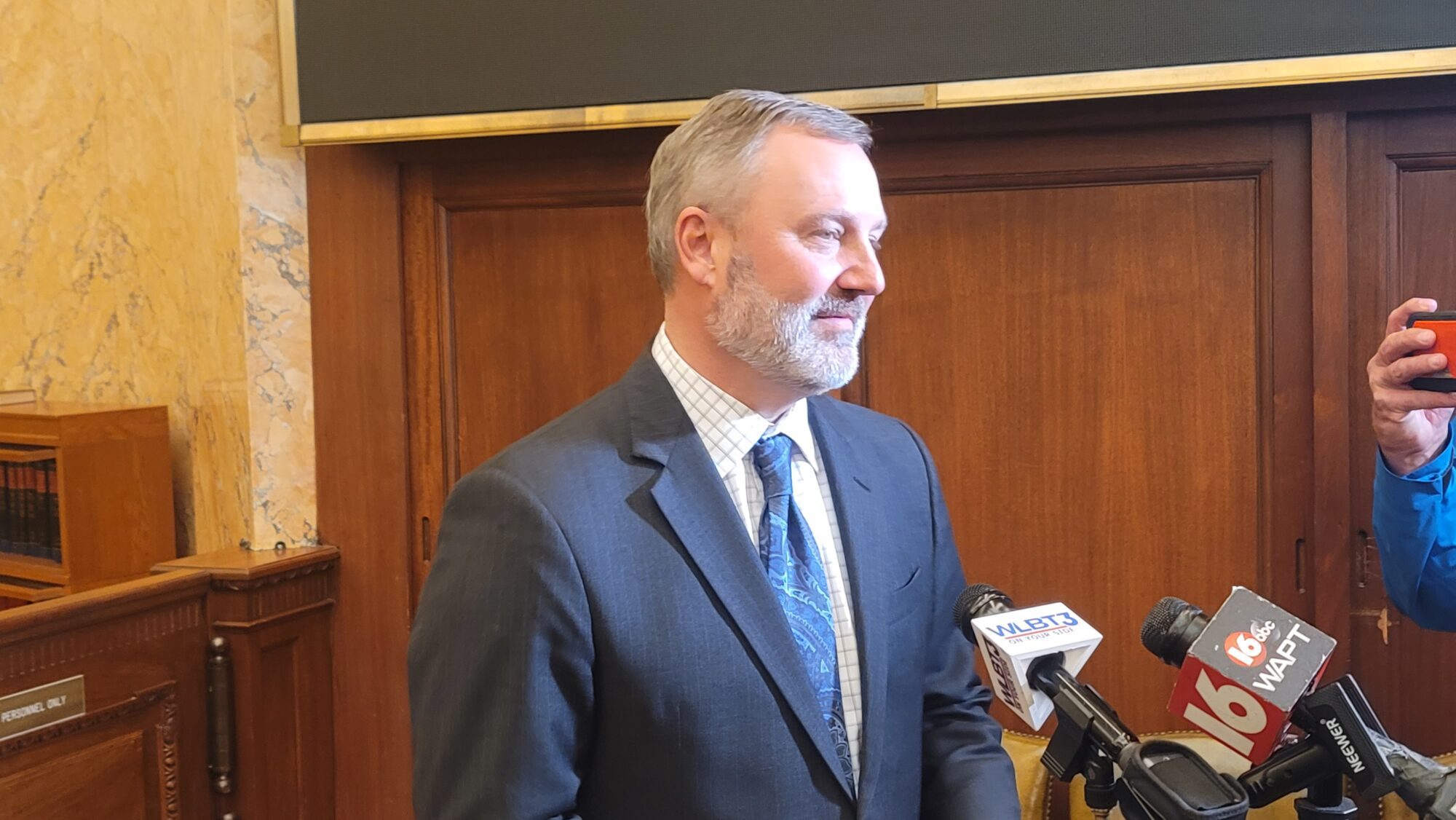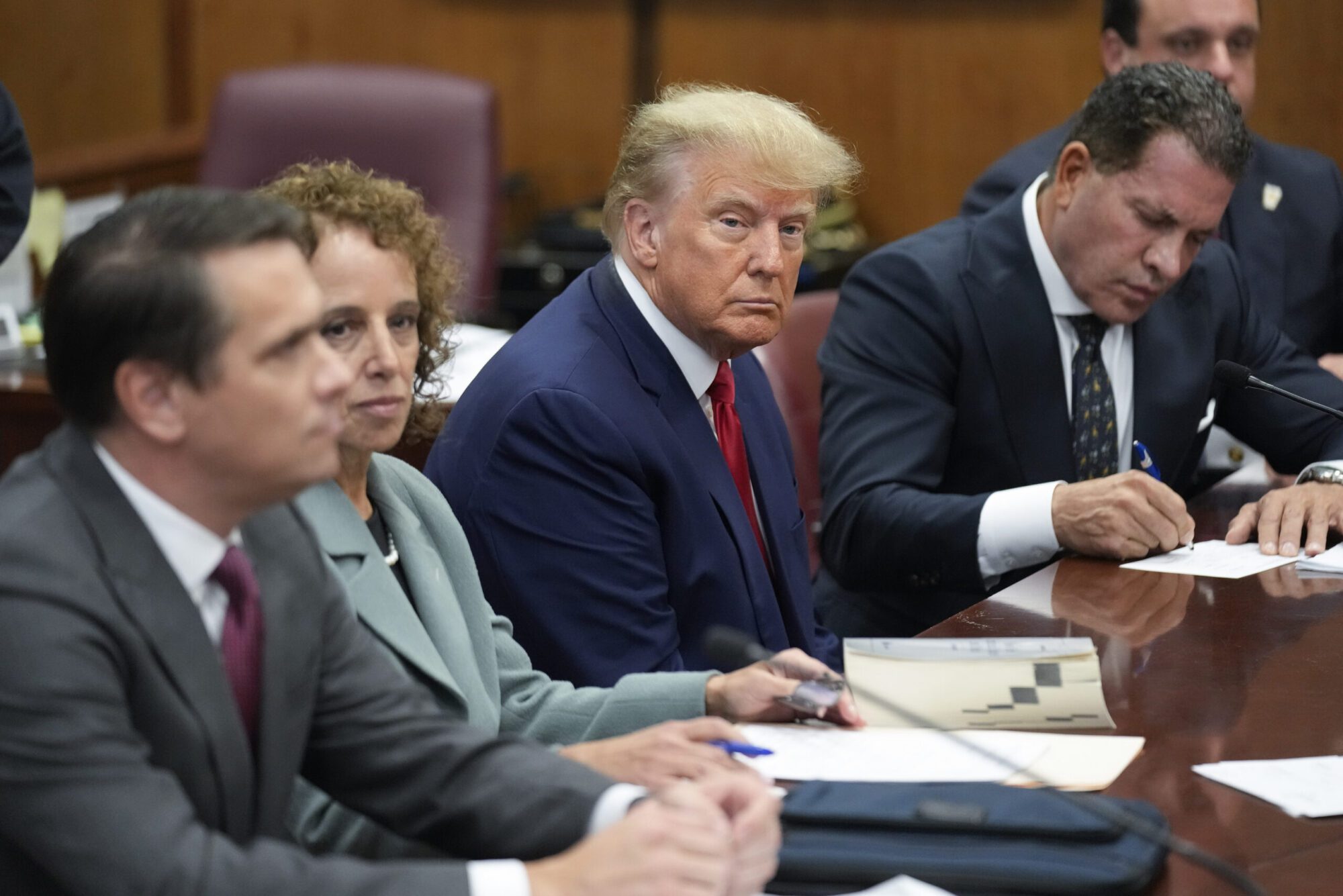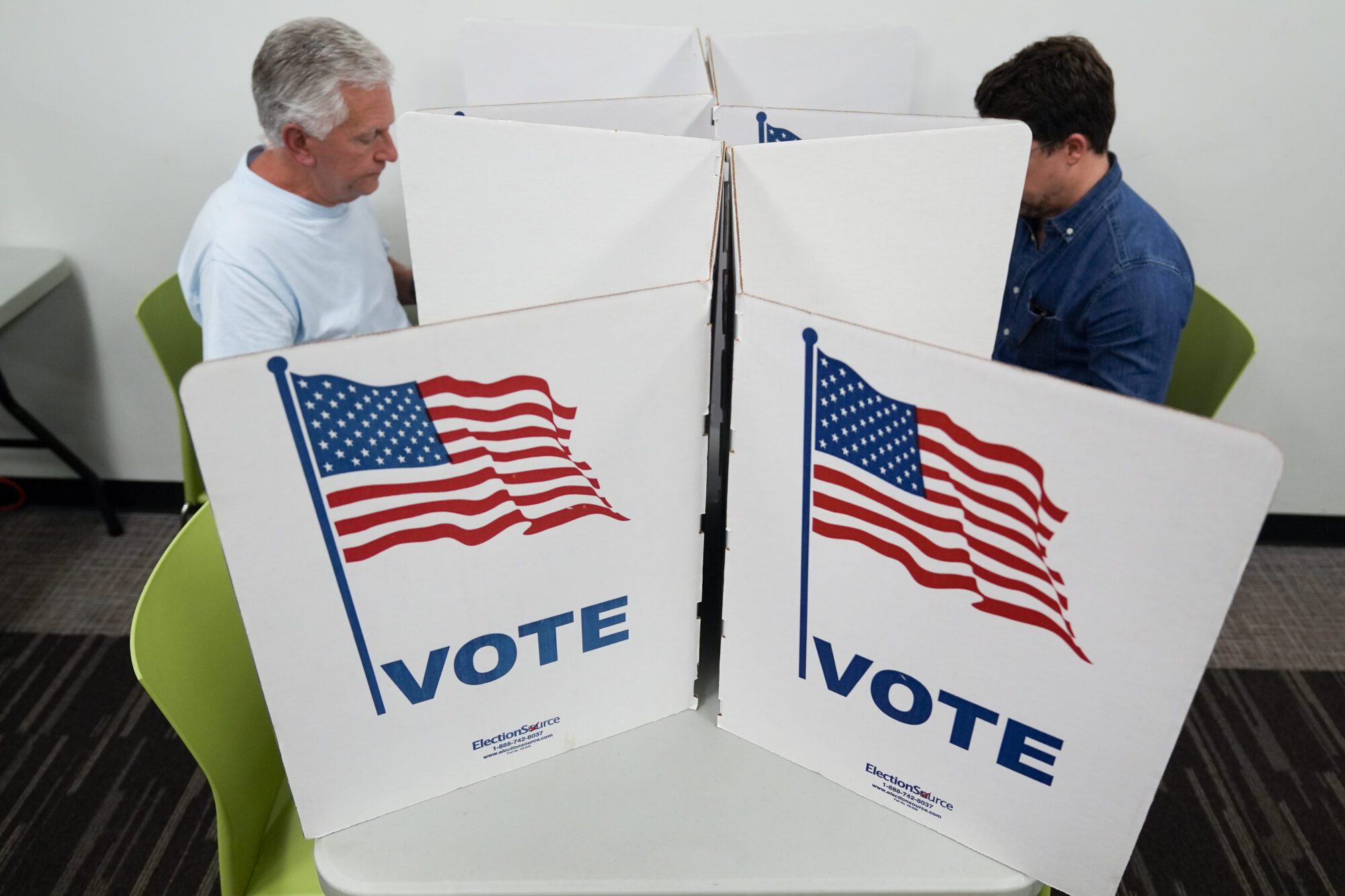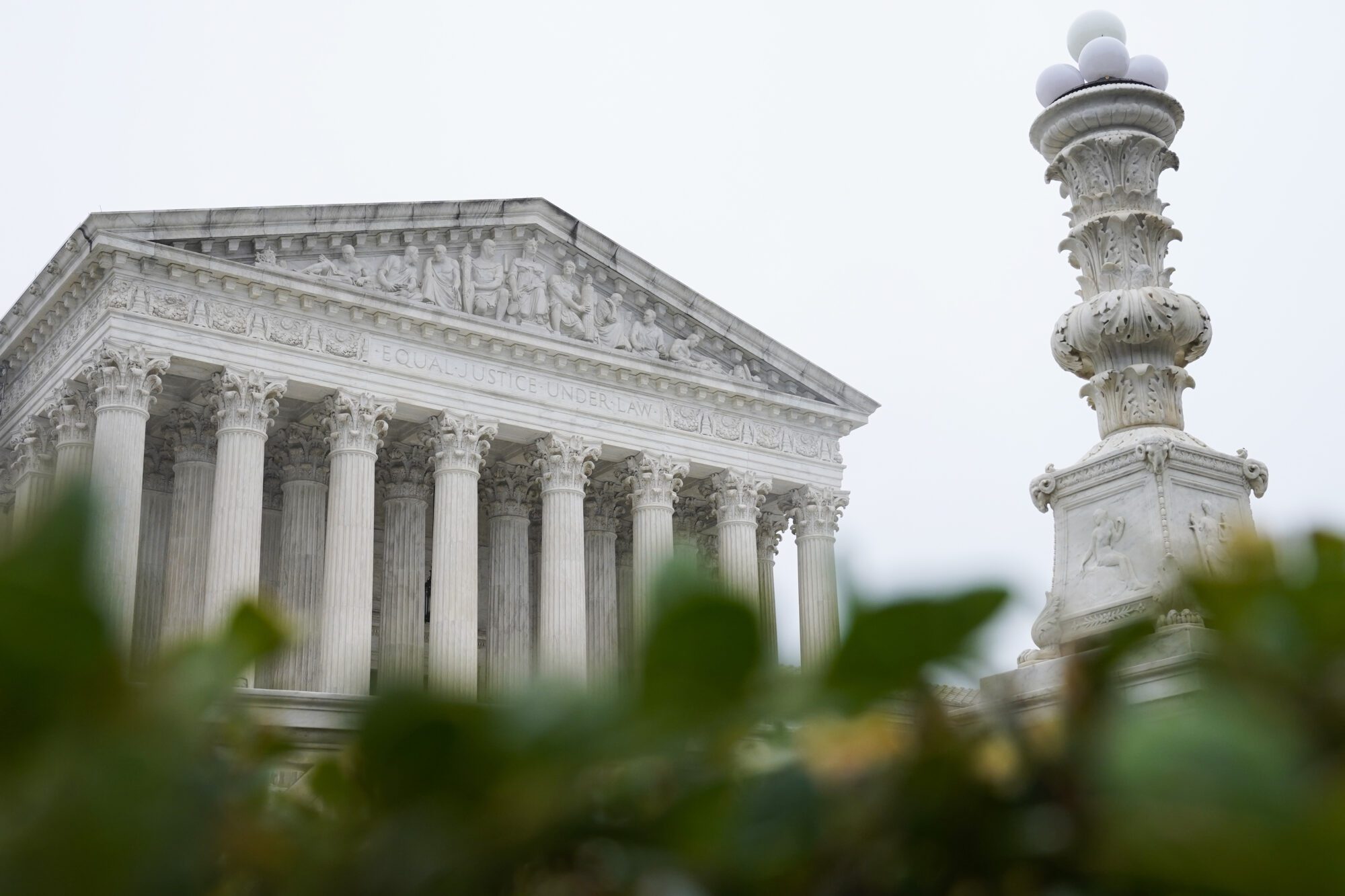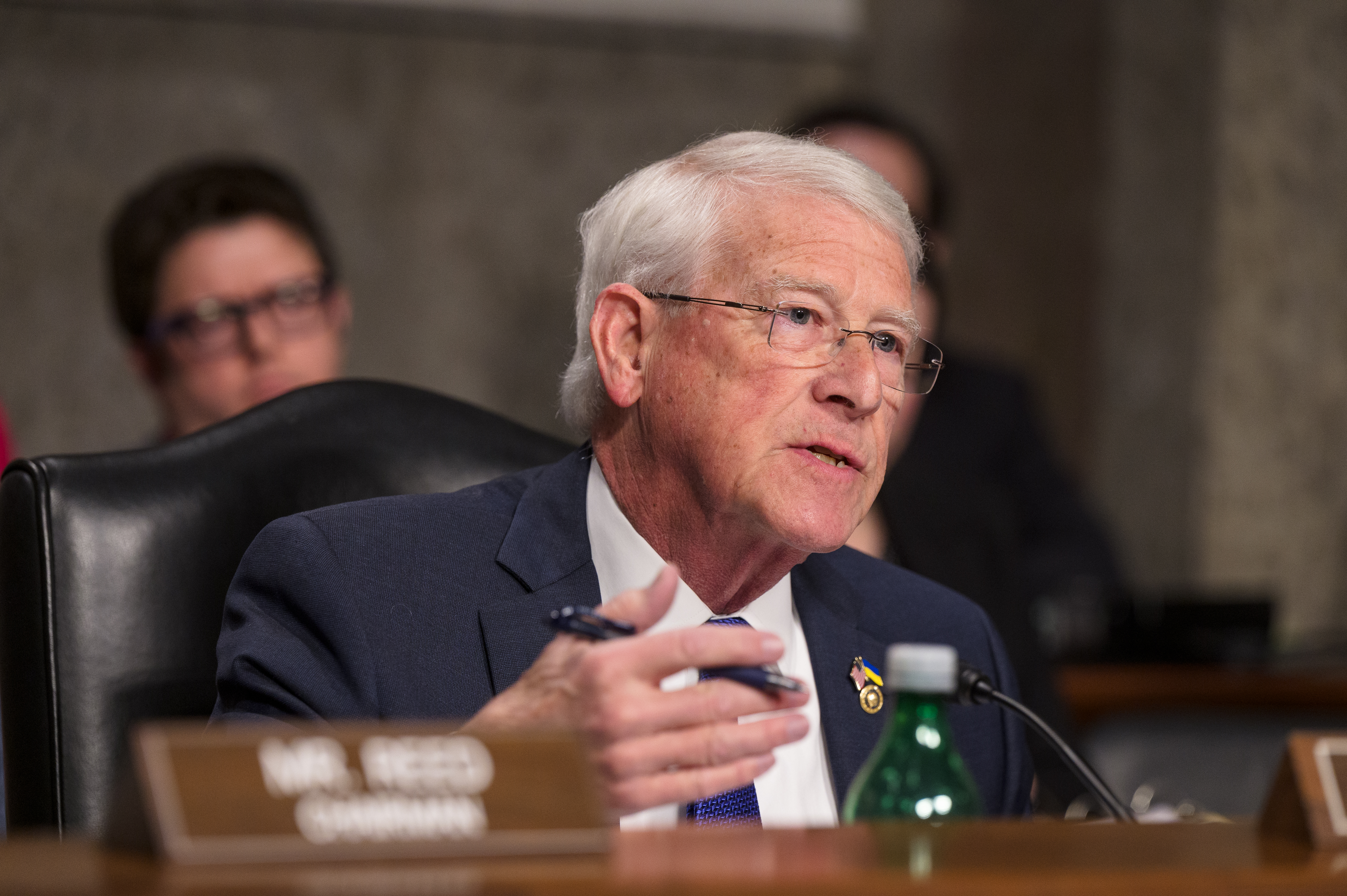
Weekly rundown of the stories that caught our attention.
This week’s ‘Sip looks at the unforced error of ejecting Justin Jones and Pearson from the Tennessee House of Representatives, the smelly game of chicken Jackson Mayor Chokwe Antar Lumumba is playing with his City Council over garbage collection, and a new Supreme Court rule to protect indigent defendants’ right to an attorney.
Should They Stay or Should They Go?
Last week, Tennessee Reps. Justin Jones (D-Nashville) and Justin Pearson (D-Memphis) were expelled from the Tennessee House of Representatives. Together with Rep. Gloria Johnson (D-Knoxville), Jones and Pearson staged a protest that disrupted legislative business on the floor of the chamber. The protest followed the tragic school shooting at The Covenant School in Nashville.
Johnson escaped expulsion by a single vote. She attributed her more favorable treatment to skin color. Johnson is white. Jones and Pearson are Black. Others have attributed the different outcome to the fact that Jones and Pearson used a bullhorn from the well to incite protesters gathered in the galleries of the chamber. Johnson did not. Rep. Lowell Russell (R-Vonore) explained that was why he voted to expel Jones and Pearson, but not Johnson.
Charged with appointing replacements for Jones and Pearson, Boards of Commissioners in both Nashville and Memphis voted to return the two men to their previous posts. On Monday, Justin Jones made a triumphant re-entry into the Tennessee Capitol building, complete with a large cadre of press and supporters. On Wednesday, Pearson learned he would be returning, as well.

Regardless of whether you think the expulsions were a proportionate response to the protests, it’s unclear what good it did. Jones, Pearson, and Johnson had little power in the chamber before their rebuke. Jones was more known for his activism outside of the Capitol. He was arrested and faced charges ranging from trespass to assault during previous Black Lives Matter protests.
In the wake of the Covenant shooting, the Tennessee House passed a bipartisan school safety bill aimed at ensuring additional protections were available to both public and private schools. Out of the 99 member chamber, there were only four “no” votes. Three of those four were Jones, Pearson, and Johnson.
Of course, it could all be true that Jones, Pearson, and Johnson are attention seeking, that their conduct was consistent with a history of questionable behavior, and that they acted unprofessionally on the floor of the Tennessee House. It was still a mistake to have expel them. The best way to handle backbench disruption is to ignore it. Tennessee Republicans made these folks celebrities, instead.
Chokwe’s Game of Chicken
For well over a year, Jackson Mayor Chokwe Antar Lumumba and the Jackson City Council have been locked in a heated dispute over garbage collection. The contest stems from a 2021 RFP process that identified Waste Management as the overall winner of the bid. Waste Management had already been providing Jackson with garbage collection and has a national footprint in the industry.
Despite losing the bid, Mayor Lumumba insisted the City Council hire Richard’s Disposal, a company whose only other service area was New Orleans, Louisiana. Their track record in New Orleans leaves much to be desired, with nearly 3,000 citizen complaints in 2022 alone. The New Orleans City Council has taken many of Richard’s routes away from it for inability to consistently deliver on picking up the trash.
The response of Richard’s owner, Alvin Richard, to complaints in New Orleans has been that he is having difficulty finding workers for what he can afford to pay them. This admission may actually shed light on one of Mayor Lumumba’s repeated talking points: that Richard’s was the low bid for Jackson garbage pickup. Perhaps the lauded pricing differential causes a labor problem that results in inability to perform.

In any respect, Richard’s was the low bid, but not the winning bid. This was a result of scoring the lowest on the portion the RFP meant to assess its ability to perform the contract. The Mayor did not care. He pushed a contract with Richard’s anyway onto the Council following the 2021 RFP. The Council rejected it.
The Mayor entered the contract anyway. Litigation ensued over whether a Mayor could “veto” a non-action of the Council and hire Richard’s without the approval of the Council. During the course of the litigation, an emergency one year contract was entered with Richard’s.
The Mayor recently (predictably) lost the “veto” litigation, with the Supreme Court ruling he could not circumvent a “no” vote of the Council. He still did not care. He has not issued a new RFP for garbage collection. Instead, as the expiration of the emergency contract with Richard’s approached on March 31st, he once again demanded that the Council submit to him and hire Richard’s.
READ MORE: Richard’s Disposal Again Fails to Win Jackson City Council Approval
Thus far, the Council has been divided on whether to concede to Lumumba’s wishes. This week, the seven-member Council was at a 3-3 stalemate on the issue, with Councilman Kenneth Stokes not being present for the vote.
The Mayor has suggested that the Council may be motivated by race, which is a peculiar accusation when you consider the Council’s composition. Only two members of the City Council are white, and they were divided on whether to extend a contract to Richard’s. Two African American members of the Council, Vernon Hartley and Aaron Banks, joined Council President Ashby Foote in opposing the contract.
The matter now heads back to court, with Richard’s suing Jackson to try and force it to hire the company, and a hearing scheduled for Monday. The whole affair stinks, literally.
The Council and Mayor appear no closer to a resolution, and the people of Jackson no closer to having their garbage collected. The problem for the Council is that they are playing chicken with a leader, in Lumumba, who appears to enjoy a good collision. The Mayor has figured out that solving problems is hard and blaming others for problems is not only easy, but can be to his political advantage.
You Have the Right to an Attorney
Anyone who has ever watched an episode of Law and Order has heard crusty detective Lennie Briscoe inform a suspect that he “has a right to an attorney.” The Mississippi Supreme Court adopted a rule change on Thursday meant to better secure this right.
I’ll explain the change momentarily, but first, some context. The “right” to effective assistance of counsel is one of many protections contained in the U.S. Constitution’s Bill of Rights that relates to criminal procedure.
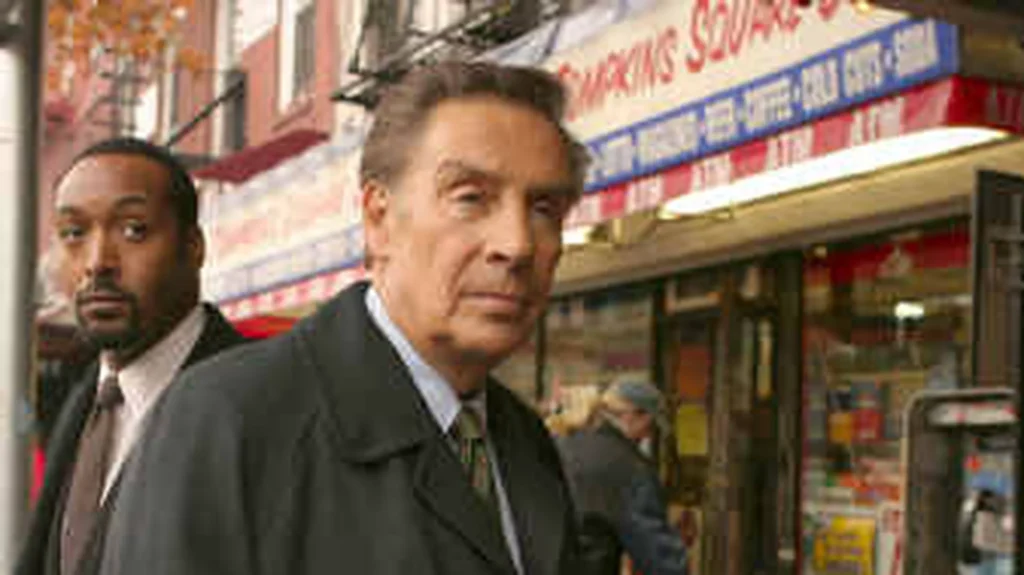
There’s the Fourth Amendment’s protections against warrantless search and seizure, the Fifth Amendment protection against self incrimination, and the Eighth Amendment protection against excessive bail and cruel and inhuman punishment. Then, there’s the Sixth Amendment, which in addition to guaranteeing speedy trials, has been interpreted to include the right to access to counsel.
As it turns out, the founders’ obsession with liberty, and fear of government overreach, made them cautious about the circumstances in which people could have property seized or be put in prison.
The Supreme Court has said that the right to an attorney is a gateway right, one through which an accused’s other rights flow. It is hard, after all, to contest an excessive bond or push a case to a speedy trial without counsel.
The Court entrusts states to develop a system to secure the right to counsel. Most states do this through a central office that provides public defenders to defendants. Mississippi is one of only a handful of states that uses a decentralized model, where judges appoint counsel.
Under the current system, an attorney is appointed at the time of a preliminary hearing, but after the hearing ceases to represent the defendant. A new attorney is not appointed until there is an indictment. This results in what many have coined as “the dead zone,” a period in which a jailed individual has no access to counsel.
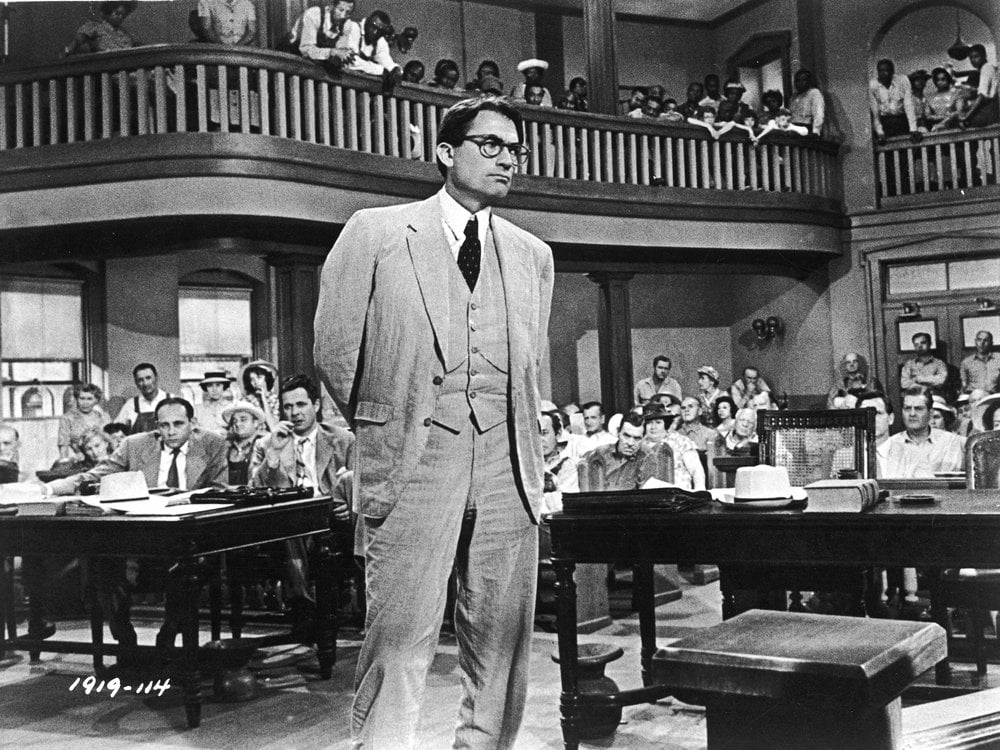
The consequence of this dead zone can be severe. A study done by the MacArthur Justice Center in 2021 found that over 700 individuals had been sitting in Mississippi jails for over a year with no indictment. This flies in the face of the notion of a speedy trial and sits opposite of the purpose of the guarantee. The founders assuredly did not want people to sit in prison indefinitely without ever having been convicted of a crime.
Under the newly minted Rule 7.2 of the Mississippi Rules of Criminal Procedures, this defect in Mississippi law is at least partially cured. The new rule requires continuity of counsel from the time of preliminary hearing, through trial. It will end “the dead zone” in which defendants do not have access to counsel.
While there are still other changes that need to be made over the long haul, this is an important initial step. As a point of personal privilege, I am proud to have paid a small role in the change. In a past life, I was both a lawyer and a policy nerd. Last year, I filed the motion to change Rule 7.2 with the language ultimately adopted by the Supreme Court.

